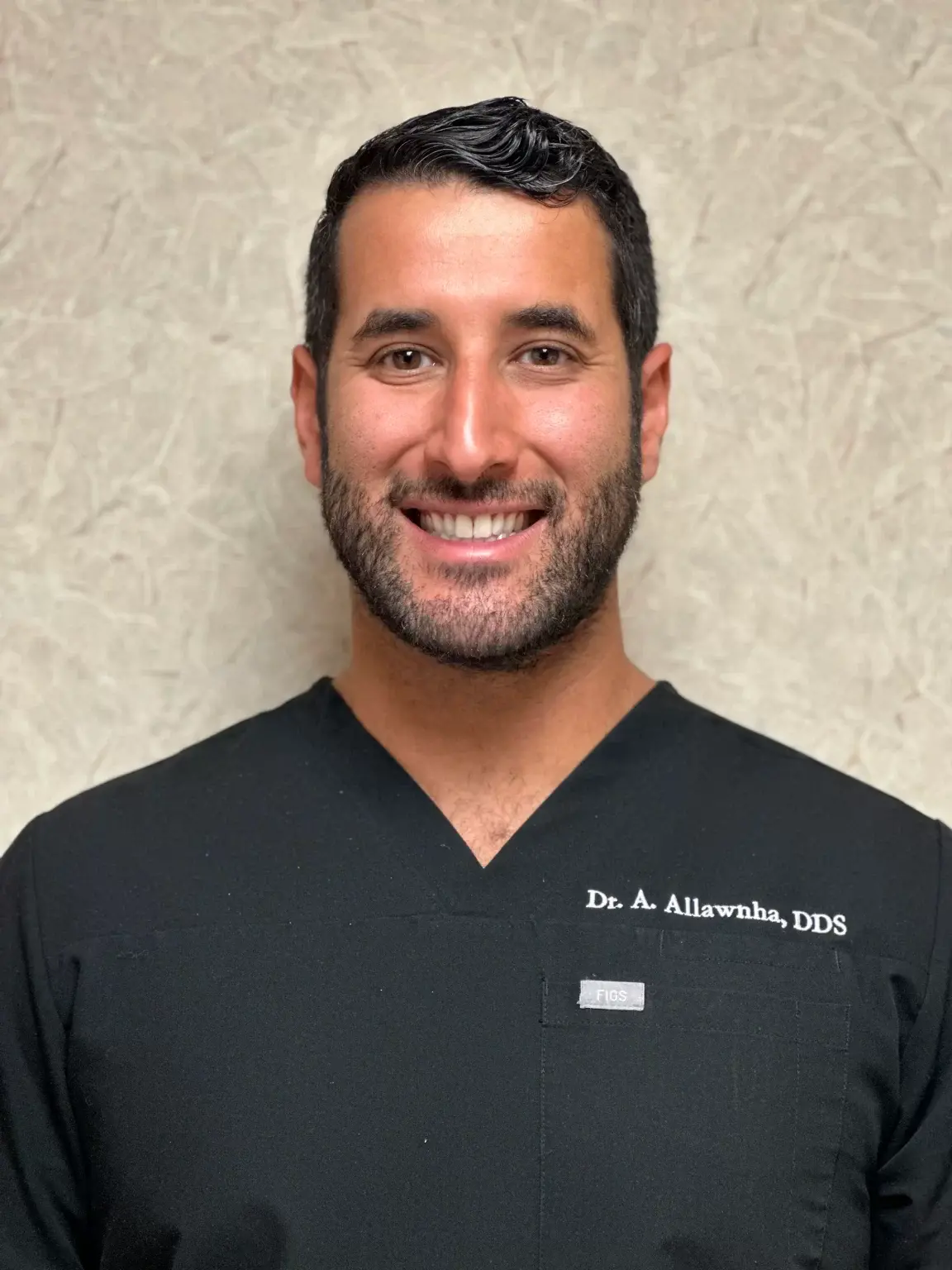Numerous studies have proven that people with severe gum disease are more likely to suffer from high blood pressure. There are many reasons why hypertension develops, such as genetics, smoking, and diabetes. However, one of the most common reasons, according to research, is poor dental health habits.
If you, a loved one, or a friend is diagnosed with hypertension, it’s important to know the role of proper dental hygiene and routine dental visits. For more information about the link between hypertension and oral health, here are some pieces of helpful information.
What Is Hypertension?
Hypertension, also called high blood pressure, is a condition where a patient has consistently high blood pressure readings. It is a serious heart disorder since it puts people at risk of stroke and heart disease, the two most leading causes of death. Its symptoms include:
- Nosebleeding
- Vision Problems
- Chest Pain
- Difficulty Breathing
- Fatigue
- Severe Headaches
- Irregular Heartbeat
Gum Disease and Heart Health
According to a 2018 study conducted by researchers in Italy, people with hypertension and gum disease have higher blood pressure readings. They are 20% more likely to have high blood pressures that medication can’t control than those who have hypertension alone. Gum disease also makes blood pressure hard to control due to the inflammation it causes.
Based on some observations, people with treated gum diseases experienced a drop in their blood pressure readings. Although the association is evident, more studies are still needed.
Why Is There a Link?
According to Dr. Sally Cram of the American Dental Association, the link between hypertension and oral health makes sense. She said that people with severe gum diseases are likely to develop infection and inflammation. When these two complications occur in the blood vessels, the lining of these vessels thickens, causing a significant decrease in blood flow. It puts people at risk of high blood pressure, stroke, and heart attack.
The head connects to the body; everything that goes in the mouth goes through the body. An infection in the mouth can also affect other body parts and organs.
Besides heart disorders, here are some of the other diseases associated with gum disease:
- Respiratory Diseases
- Oral Cancer
- Alzheimer’s Disease
- Diabetes
- Osteoporosis
It’s All About Oral Bacteria
There are a variety of bacteria in the mouth, and their accumulation causes gum disease, infections, and inflammation in other parts of the body.
Gum disease can accelerate the progression of several diseases due to the inflammation it causes and the bacteria that come from it. One of these conditions is atherosclerosis, where fats and cholesterol accumulate on artery walls. It makes blood vessels narrower, which contributes to the development of hypertension.
Gum Disease: Causes, Risk Factors, and Symptoms
Knowing what causes gum disease helps decrease the likelihood of hypertension and identify the correct preventive measures to take.
Causes
The spaces between the junction of gums and teeth are called the sulcus. Food particles and plaque trapped in these spaces are the leading causes of gum disease and gingivitis. Plaque hardens and turns into tartar when neglected and can cause infections when it extends along and below the gum lines.
Risk Factors
The risk factors include:
- Smoking and Chewing Tobacco
- HIV / AIDS
- Diabetes
- Genetic Factors
- Certain Medications
- Pregnancy
- Crooked Teeth
- Broken Fillings
- Poorly Fitting Dental Appliances
Symptoms
Many people aren’t aware that they already have gum disease and already have these symptoms:
- Red, Swollen, and Tender Gums
- Bleeding Gums
- Receding Gums
- Loose and Sensitive Teeth
- Malocclusion
- Pus in Between Teeth and Gums
- Pain
- Bad Breath
Gum Disease Prevention
You can prevent gum disease from developing and causing different complications in your body when you:
1. Brush and Floss Your Teeth Regularly
Keep bacteria under control by brushing twice a day and flossing at least once a day. Brushing removes accumulated bacteria and food particles around the teeth and prevents them from extending to the gum lines. Flossing also plays a vital role as it removes bacteria and plaque from hard-to-reach areas of teeth.
For effective dental hygiene at home, use a soft-bristled toothbrush and fluoride toothpaste.
2. Quit Smoking
Smoking promotes plaque that gives rise to gum disease. It causes a lack of oxygen in the bloodstream that prevents infected gums from healing. Quitting cigarettes helps prevent other complications brought about by gum issues and will generally improve your health.
If you’re having a hard time, you can ask dentists and other experts for advice on how you can quickly quit smoking.
3. Avoid Sugary Food and Drinks
Eating and drinking lots of sugary food and drinks lead to the development of gum disease. However, they are not directly because of the high amounts of sugar. They are caused by bacteria that eat sugar.
If you’re frequently craving for sweets, seek help from experts for advice on alternatives for sugar that won’t cause dental issues.
4. Drink Lots of Water
Similar to brushing and flossing, drinking water is good for the gums and teeth. It prevents cavities and the buildup of plaque, tartar, and bacteria. It also protects the tooth enamel. Consider drinking lots of water every day; your teeth and your body will thank you.
5. Visit Your Dentist Regularly
Regular visits to the dentist help monitor your oral health better. They quickly catch and address minor dental issues before they turn into major ones. By taking care of your oral health with routine dental visits, you also maintain your overall health.
Schedule a Dental Visit Today
Severe gum disease causes many complications, including hypertension. For that reason, it’s essential to prevent it from occurring.
At Century Dental, we promote good dental health. We have the best dentists in South Pasadena, FL, to assist you with all your dental concerns and needs. Contact us today to schedule your appointment.





